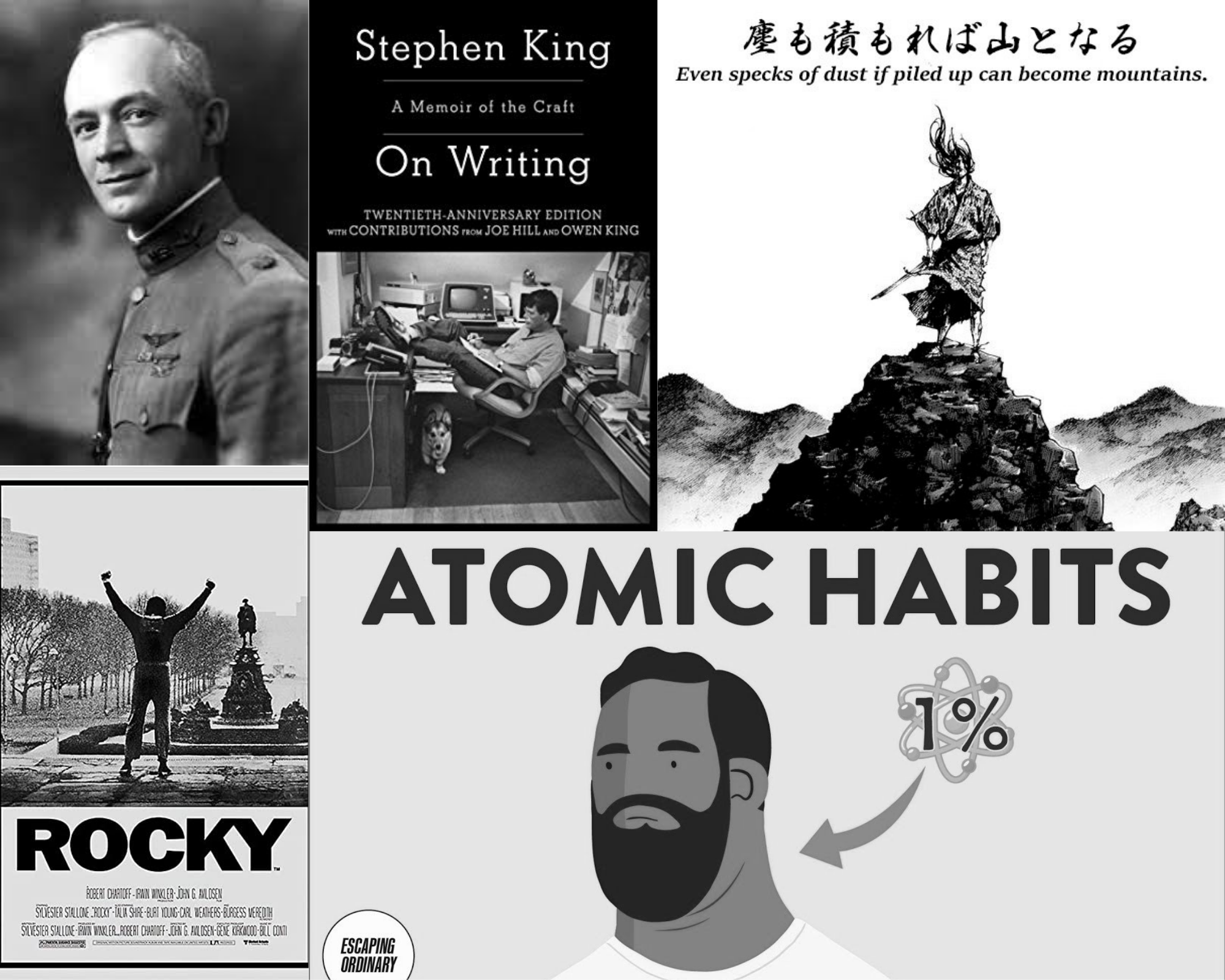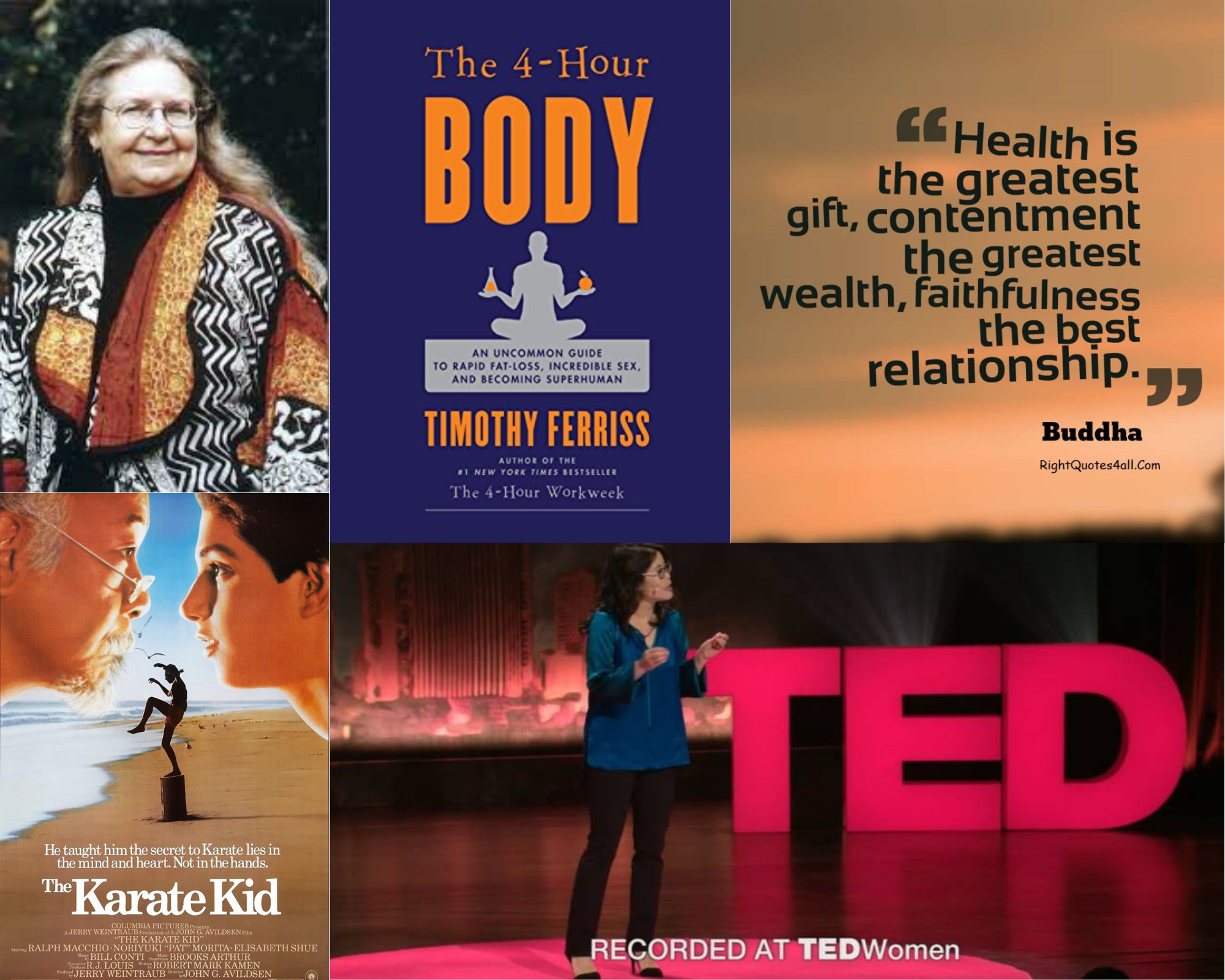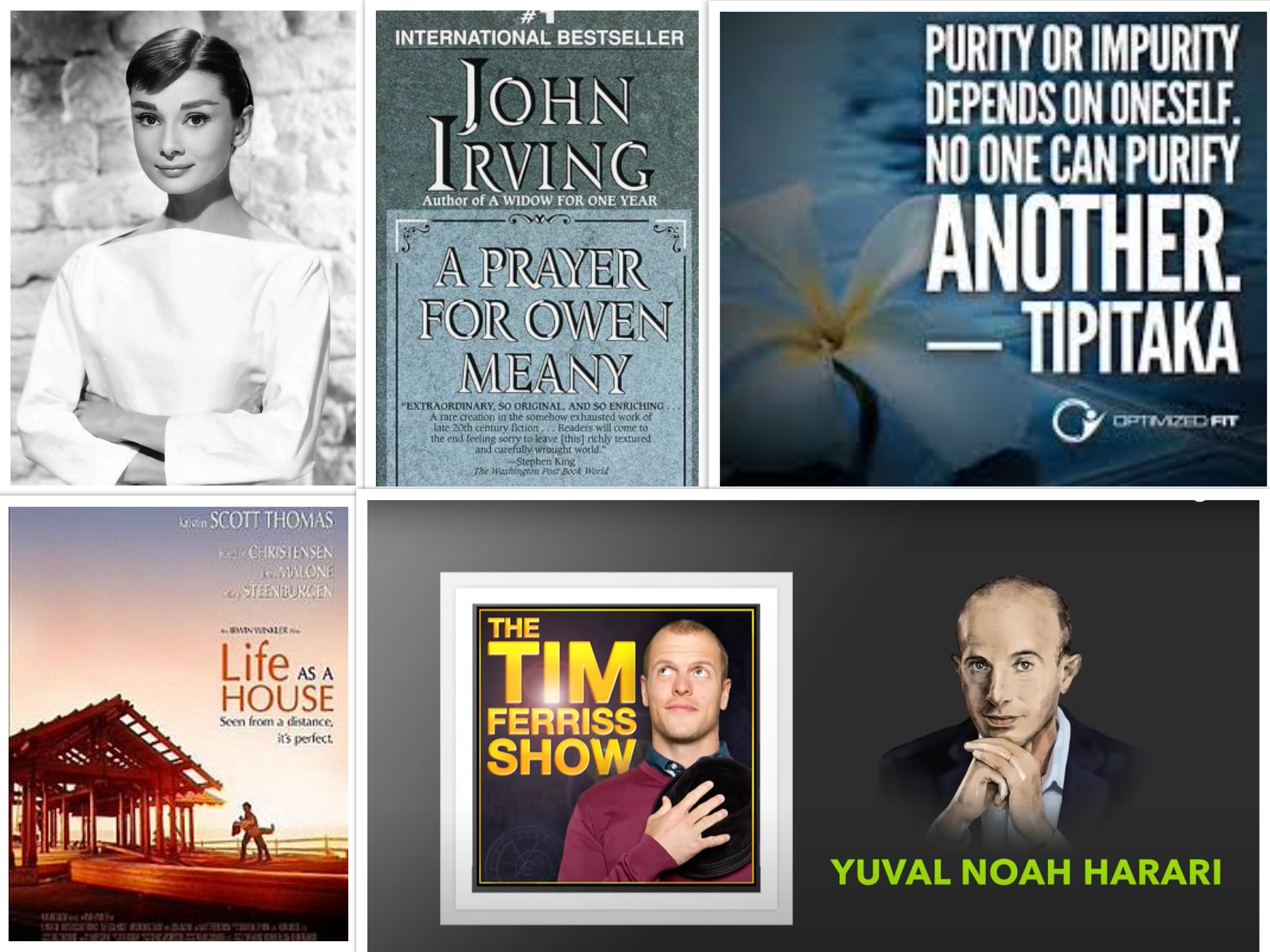Sunday Supplement #162 (June 16th, 2024)
Below is another Sunday Supplement with a quote worth sharing, a book worth reading, a movie worth watching, brainfood worth consuming, and a spiritual passage worth pondering.
Please take something away from these recommendations that enriches your week ahead!
Quote of the Week:
“Success is no accident. It is hard work, perseverance, learning, studying, sacrifice, and most of all, love of what you are doing or learning to do.”
– Pele
Book of the Week:
The Wheel of Time – Robert Jordan
I recommend The Wheel of Time with a grain of salt. On one hand, it’s one of the best stories I’ve ever read. On the other hand, it has 14 novels, many of which have long, tedious sections.
The series is epic fantasy. It follows the journey of five young people from a small village as they get drawn into the battle of good versus evil in the land.
Robert Jordan created one of the best magic systems I’ve ever read, and the world and its history are amazing.
Unfortunately, Jordan died before completing the series. However, he left detailed notes, and Brandon Sanderson was chosen to finish the series.
The last seven novels in the series were number-one New York Times bestsellers. After its completion, the series was nominated for a Hugo Award.
Movie of the Week:
Rocky, which I featured in Sunday Supplement #72, is one of my favorite movies. When I learned Ryan Coogler wrote and was set to direct this series continuation, I knew it was in good hands.
I featured Coogler’s feature debut, Fruitvale Station,in Sunday Supplement #110. This movie convinced Sylvester Stallone to let Coogler take over the series.
Creed follows Adonis Creed (Michael B. Jordan), the son of Apollo Creed— an opponent and friend of Rocky Balboa from the original series.
Apollo’s wife, Mary Anne, adopted Adonis after the former heavyweight champion passed away. While growing up with other opportunities, Adonis decides to pursue a career in boxing.
The film perfectly captures the spirit of the Rocky franchise while having Rocky play a vital role in Adonis’s journey. It’s a fun movie with a lot of heart.
Brainfood of the Week:
Simon Sinek on Intensity vs Consistency | RSA
RSA’s (Royal Society for Arts, Manufactures, and Commerce) YouTube page has many brilliant videos sharing knowledge from various leaders across various fields.
I’ve featured Sinek, bestselling author and speaker on leadership, in many previous Sunday Supplements. While I try to vary the content each week, Sinek’s work is well worth revisiting.
In this video, Simon Sinek discusses intensity and consistency. He discusses the difference between short-term crunching and long-term efforts.
Many people and businesses try to cram in intense work periods, expecting tremendous outcomes when taking incremental steps forward each day is often better.
Check out this short video if it piques your interest, and check out Sinek’s work or other RSA videos if you’re interested.
Closing Spiritual Passage:
“The road to success is always under construction.”
– African Proverb
I came across this African proverb on a couple of websites (although some sources credit other people with the quote), and it captured a powerful message.
In the past, I’ve worked toward a goal and, upon reaching it, promptly eased my foot off the gas. The most straightforward example has been working out for a period and then stopping.
What I see in this proverb is the lesson that you must always continue to work on yourself and your goals if you want to be successful constantly. And the journey only ends when you do.
I think it’s helped me to think about what journeys I’d want to continue for the rest of my life. That way, I’m happy to pursue them consistently.
Think about the things you want to work on for the rest of your life, persevere, and have a blessed week ahead!
Comments closed


